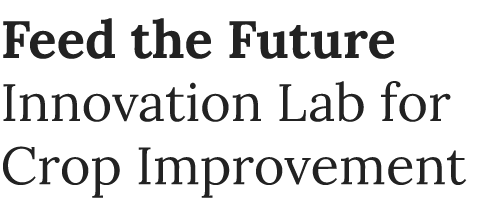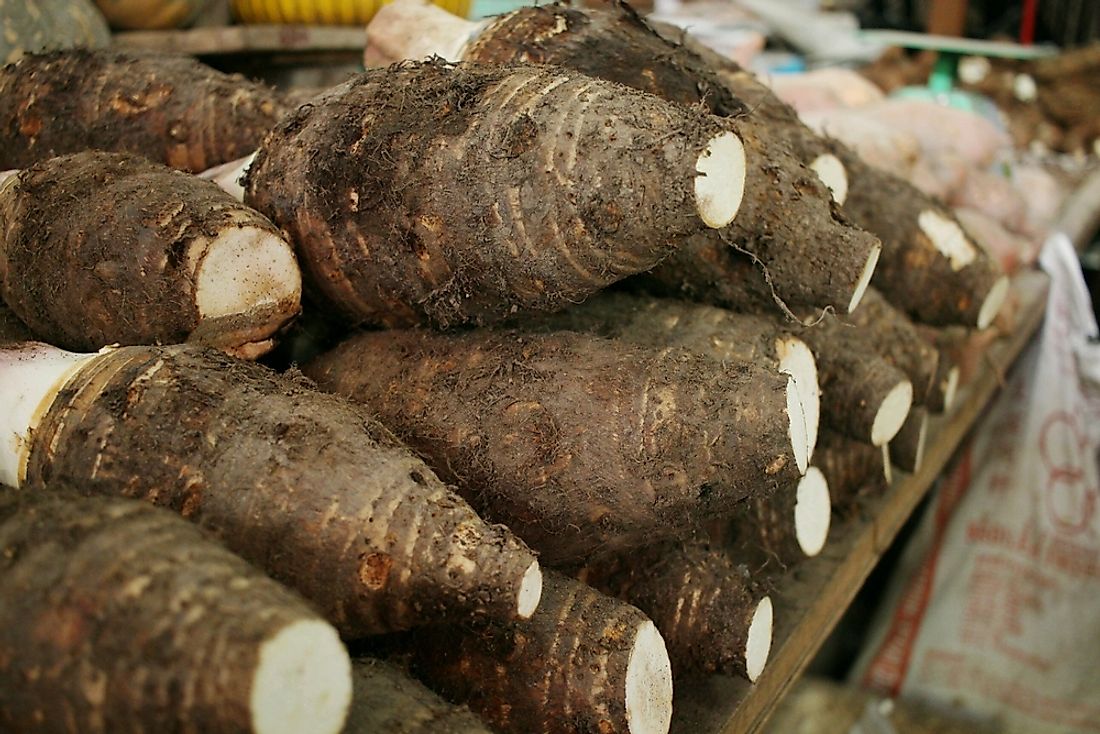Researchers in Nigeria are on a mission to upend taro leaf blight (TLB) epidemics across West Africa. The infectious plant disease attacks the leaves of taro, which has historically reduced taro yields by up to 50% and leaf yield losses of up to 95%.
Taro, also referred to as cocoyam, is a staple root crop that is essential for food security in the region, providing critical sources of fiber and micronutrients. The new project based at the Feed the Future Innovation Lab for Crop Improvement will use genetic analyses to better understand TLB and develop varieties that can stand up to the plant pathogen.
Led by Lydia Jiwuba at the National Root Crops Research Institute (NRCRI), the study will be the first of its kind to follow a single marker approach to analyze the genetic basis of TLB resistance and corm quality in a biparental mapping population.
“It takes constant vigilance from scientists to protect food crops from pathogens like taro leaf blight.”
Lydia Jiwuba, a senior research scientist at NRCRI and principal investigator for the taro leaf blight in Nigeria project
“We are thrilled to collaborate with ILCI on this project and look forward to enhancing, upgrading and strengthening the cocoyam program in NRCRI for modern breeding.”
ILCI’s research program sought to expand its work on roots, tubers and banana, in addition to its existing programs on sorghum, bean, sweet potato, cowpea and millets in Costa Rica, Haiti, Malawi, Senegal and Uganda, according to Stephen Kresovich, director of the Innovation Lab for Crop Improvement, who also serves as professor in Cornell University’s School of Integrative Plant Science, and the Robert and Lois Coker Trustees Chair of Genetics in the Department of Plant and Environmental Sciences at Clemson University.
“Scientists in Africa are poised to transform how plant breeders confront taro leaf blight in Nigeria and beyond,” said Kresovich.
“This collaboration will strengthen NRCRI’s taro program in ways that ultimately benefit the farmers and consumers of West Africa.”
Stephen Kresovich
In addition to its research on TLB epidemics, the project will consider the social context into which the taro market is situated. The research will incorporate women’s trait preferences, recognizing that Nigerian women contribute over 60% of the labor force in food production and processing. The research team also seeks to optimize nutrition and engage young farmers in the taro value chain, according to Jiwuba.
Feed the Future is America’s initiative to combat global hunger and poverty. It brings partners together to help some of the world’s poorest countries harness the power of agriculture and entrepreneurship to jumpstart their economies and create new opportunities. For more information, visit feedthefuture.gov.




